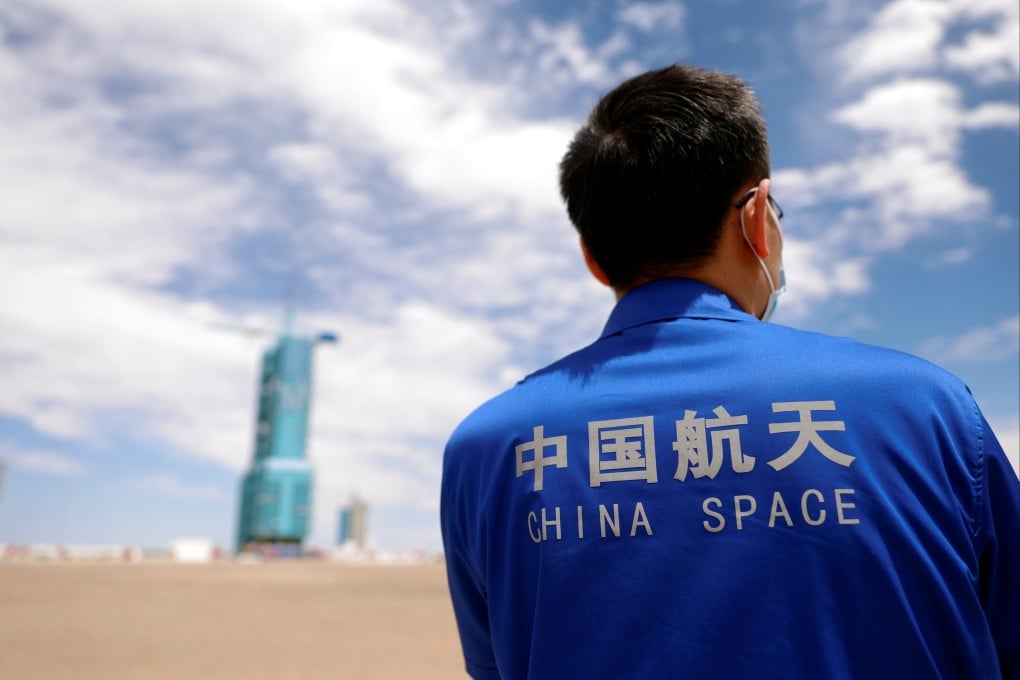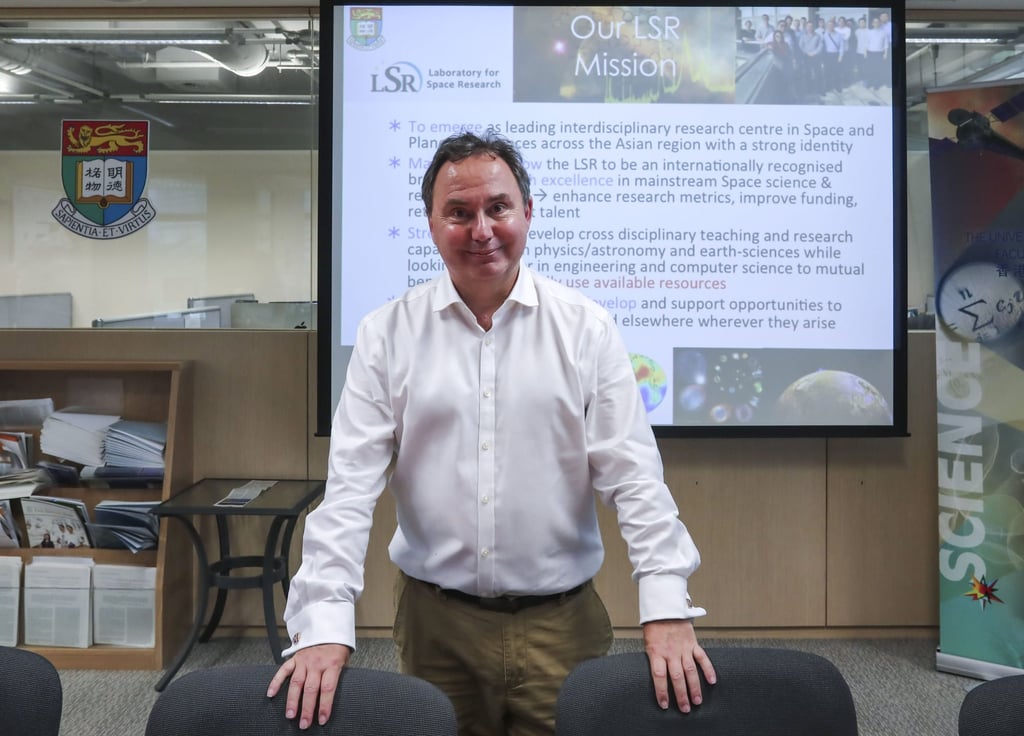Ahead of Chinese space station mission, a call for more collaboration
- Head of HKU’s Laboratory for Space Research says political divides must be overcome as there are ‘major problems that need solutions now’
- Quentin Parker also says that while China was blocked from the ISS, it is now opening up its own space station for international experiments

The scientific community should find ways to overcome political divides and push for more collaboration in space exploration, as well as solve global problems by making use of China’s new space station, a Hong Kong-based space expert says.
Parker said legislation barring China’s participation in the International Space Station like the Wolf Amendment, passed by the United States in 2011, posed “very fundamental and difficult problems”.
He said China had wanted to be part of the ISS but was blocked, “principally by the Americans because they feared that … the Chinese can just develop in space”.

“But what’s the point [now]? China has clearly demonstrated that it has the technical capacity to launch very sophisticated missions, and it is getting more sophisticated and technically accomplished,” he said.
“[While the West] worried about technology transfer et cetera, on the other hand, China opens up its own space station for international experiments, and countries all around the world have been successful in getting their experiments to be accepted on the Chinese space station.”